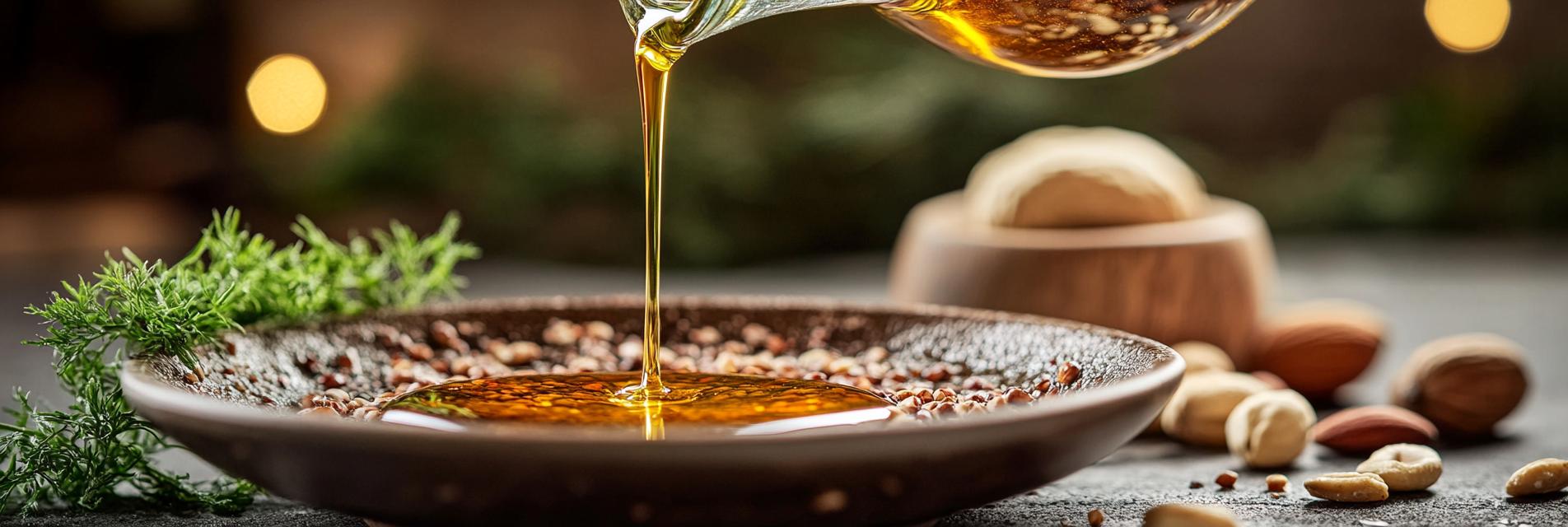
In the face of the global challenge of poor soil, agricultural experts and farmers are constantly seeking effective solutions. Among them, Cyperus esculentus var. sativus, also known as yellow nut sedge or yellow tiger nut, has emerged as a remarkable natural remedy. This plant offers a unique combination of environmental friendliness, soil improvement capabilities, and nutritional value, making it an ideal choice for addressing soil degradation.
Cyperus esculentus var. sativus belongs to the Cyperaceae family. It is well - adapted to arid environments and can thrive with minimal water and fertilizer requirements. This feature not only reduces the cost of cultivation but also makes it an environmentally friendly option. For example, in regions with annual rainfall as low as 300 - 400 mm, yellow nut sedge can still grow vigorously, while traditional crops may struggle to survive.
One of the most notable features of this plant is its underground tubers. These tubers are rich in nutrients, including protein (about 15 - 20%), dietary fiber (around 25 - 30%), and various vitamins and minerals such as vitamin E, potassium, and magnesium. They are not only a healthy food source but also have a pleasant nutty flavor, making them suitable for direct consumption, as well as in the production of milk, oil, and other food products.

The cultivation of Cyperus esculentus var. sativus has significant positive impacts on soil quality. In terms of soil structure, its root system can penetrate deep into the soil, improving soil aeration and water - holding capacity. A study showed that after three consecutive years of yellow nut sedge cultivation, the soil porosity increased by about 15 - 20%, and the water - holding capacity improved by 20 - 25%.
Regarding soil fertility, yellow nut sedge can enrich the soil with organic matter. As the plant grows and its roots and tubers decompose, they release a large amount of organic substances into the soil. In some cases, the organic matter content in the soil can increase by 1 - 2% after a single growing season. This increase in organic matter not only provides essential nutrients for subsequent crops but also promotes the growth of beneficial soil microorganisms.
In a farm in Africa, where the soil was severely depleted due to over - cultivation, yellow nut sedge was introduced. After two years of cultivation, the soil fertility was significantly restored. The yield of subsequent maize crops increased by 30 - 40%, and the quality of the maize improved as well, with higher protein and starch content.
In a Mediterranean region, where water scarcity is a major issue, yellow nut sedge was planted in rotation with wheat. The results showed that the wheat yield increased by 25 - 35%, and the water use efficiency of the entire cropping system improved by about 20 - 25%.

Cyperus esculentus var. sativus is truly a multi - functional plant. It offers a sustainable solution for poor soil improvement, provides a nutritious food source, and is environmentally friendly. Our company is committed to providing high - quality natural products related to yellow nut sedge. We source the best seeds, ensure strict quality control during cultivation, and offer a wide range of products, including tubers, oil, and milk.
If you are a global purchaser looking for innovative and sustainable agricultural solutions, we invite you to explore our yellow nut sedge products. Contact us today to learn more about our offerings and discuss potential cooperation opportunities. Together, we can make a positive impact on global agriculture and food security.

